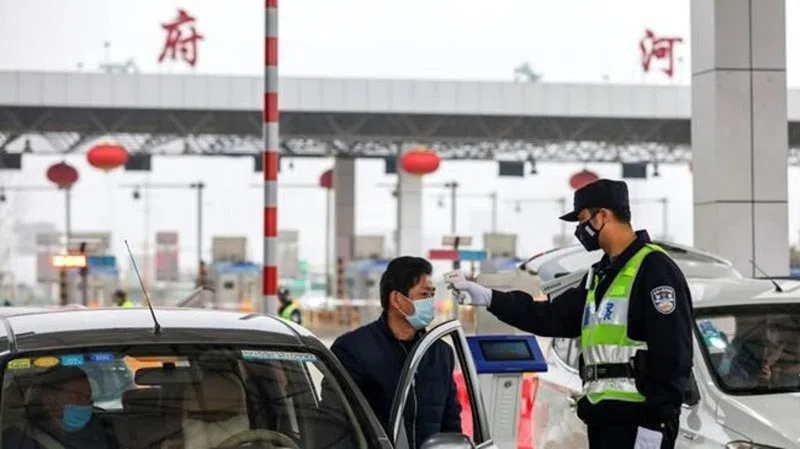
Social controls, SARS experience help China close off cities
BEIJING — Cutting off access to entire cities with millions of residents to stop a new virus outbreak is a step few countries other than China would consider, but it is made possible by the ruling Communist Party’s extensive social controls and experience fighting the 2002-03 outbreak of SARS.
CITIES AFFECTED: The first city closed off was Wuhan, with 11 million people, or 1 1/2 times the population of New York City. It is the industrial hub of central China. Access was cut off later to neighbouring cities in the central province of Hubei that include Huanggang, with 7 million people; Ezhou; Chibi; Qianjiang; Zhijiang; Jingmen; Xiantao; Xiaogan and Huangshi. Their combined population is about 33 million.
WHAT IS SHUT DOWN: Train, plane, rail, long-distance bus and ferry service are blocked. Wuhan usually is one of China’s busiest airports, with some 600 scheduled flights per day. Municipal bus and subway service is halted. Cars and trucks were being inspected at roadblocks on the outskirts of cities and many were turned back. Cinemas, amusement parks, temples and other public sites were ordered to close.
HOW IT’S ENFORCED: Most residents appear to be co-operating following official appeals to stay home and avoid spreading the virus. If that fails, the Communist Party has one of the world’s most extensive systems of surveillance and social controls. Cities are blanketed with video cameras and the ruling party has, with the help of Western tech companies, developed computerized systems to track the public, monitor and censor internet use and suppress protests and dissent. Facilities already in place to control movement at train stations and airports and on expressways can be pressed into use to block travel.
